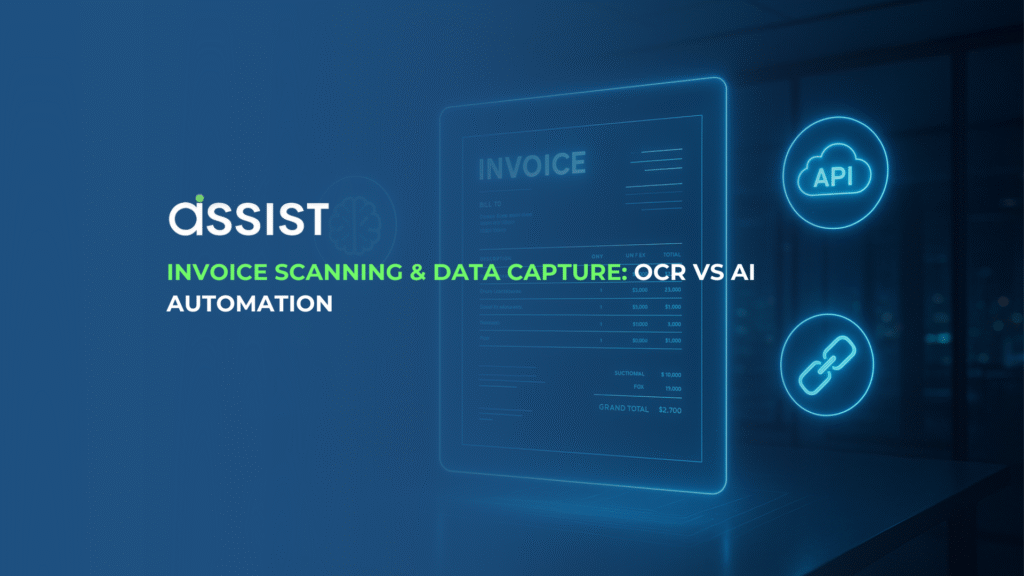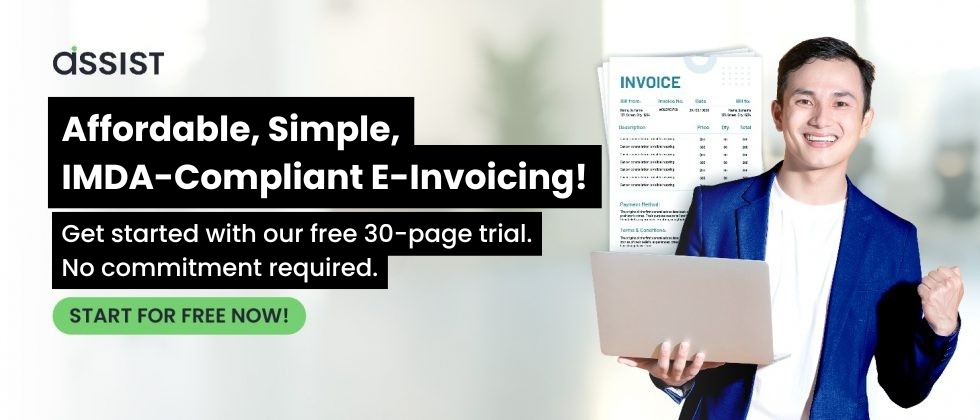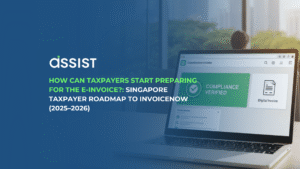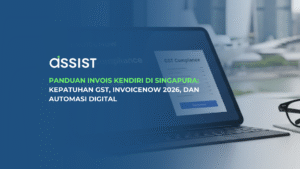Accounts payable (AP) teams have long struggled with the inefficiencies of manual invoice processing—stacks of paper, endless data entry, and frequent errors that delay payments. For growing businesses, these inefficiencies quickly become expensive, leading to compliance risks, strained supplier relationships, and higher operational costs.
This is where invoice scanning and data capture come in. By digitizing invoices and extracting key data, finance teams can move from slow, manual work to streamlined, automated workflows powered by artificial intelligence (AI).
What Is Invoice Scanning?
Invoice scanning is the process of converting paper or digital invoices into electronic image files, usually in PDF or TIFF format.
How it works:
-
Paper invoice is scanned.
-
Digital invoice is archived in a document system.
Benefit: Provides a digital backup, reduces paper handling, and improves accessibility.
Limitation: A scanned invoice is just an image. The data remains “trapped” and cannot be processed automatically without further steps.
What Is Invoice Data Capture?
Invoice data capture takes digitization further by extracting important information such as:
-
Invoice number and date
-
Vendor or supplier details
-
Line items (product, description, price, quantity)
-
Taxes and totals
Historically, this was handled through manual entry. OCR (Optical Character Recognition) later automated character reading, but OCR often struggles with formatting inconsistencies. Modern solutions now use AI-driven data capture, which recognizes context, adapts to variations, and achieves near-human accuracy.
OCR vs. AI-Powered Data Capture
Limitations of OCR
OCR can recognize characters from images but struggles when:
-
The invoice format is complex.
-
The scan is low quality.
-
Vendors use non-standard layouts.
Advantages of AI-Powered Capture
AI-powered solutions go further:
-
Layout agnostic: Works with any invoice format.
-
Self-learning: Improves accuracy over time.
-
Contextual recognition: Understands where information belongs.
Side-by-Side Comparison
| Feature | OCR Only | Template-Based OCR | AI-Powered Capture |
|---|---|---|---|
| Accuracy | 70–80% | 80–90% | 95%+ |
| Layout Flexibility | Low | Medium | High (layout agnostic) |
| Setup Effort | Low | High (per template) | Low (self-learning) |
| Scalability | Limited | Limited by templates | High |
| Cost Savings | Moderate | Moderate | High |
✅ Takeaway: Businesses aiming for efficiency and accuracy should look beyond OCR and adopt AI-powered capture.
Benefits of Modern Invoice Data Capture
-
Faster Processing – Reduce AP cycle times from days to hours.
-
Cost Reduction – Cut manual entry and reduce staffing costs.
-
Higher Accuracy – Error rates can drop by 80% or more.
-
Compliance Readiness – Maintain audit trails and align with tax regulations.
-
Scalability – Handle growing invoice volumes without hiring more staff.
📊 Studies show that AI-driven AP automation delivers 3× faster processing and up to 80% cost savings compared to manual entry.
Use Cases and Real-World Examples
-
SMEs: Eliminate bottlenecks caused by manual data entry.
-
Mid-Market Companies: Reduce fraud risk by automating validation.
-
Large Enterprises: Integrate directly with ERP and financial systems.
Example: A logistics company processing 10,000 invoices monthly reduced cycle time by 70% and achieved 99% accuracy after adopting AI-powered capture.
How to Choose the Right Invoice Data Capture Solution
When evaluating providers, finance leaders should consider:
-
Accuracy – Does the system use AI/ML for continuous learning?
-
Integration – Can it connect seamlessly with ERP/accounting systems?
-
Compliance – Does it support local e-invoicing requirements?
-
Security – Does it meet standards like ISO or SOC2?
-
Scalability – Will it grow with your transaction volume?
👉 Assist.biz is built with these needs in mind, offering fully compliant, AI-powered invoice scanning and data capture tailored for businesses in Malaysia.
Conclusion and Call to Action
Invoice scanning is only the first step. The real transformation comes with AI-powered data capture, which turns static images into structured, actionable data. Businesses that adopt these solutions gain speed, accuracy, compliance readiness, and scalability.
📌 Ready to modernize your accounts payable process?
👉 Register for Assist.biz today and discover how AI-powered invoice data capture can simplify and accelerate your finance operations.






